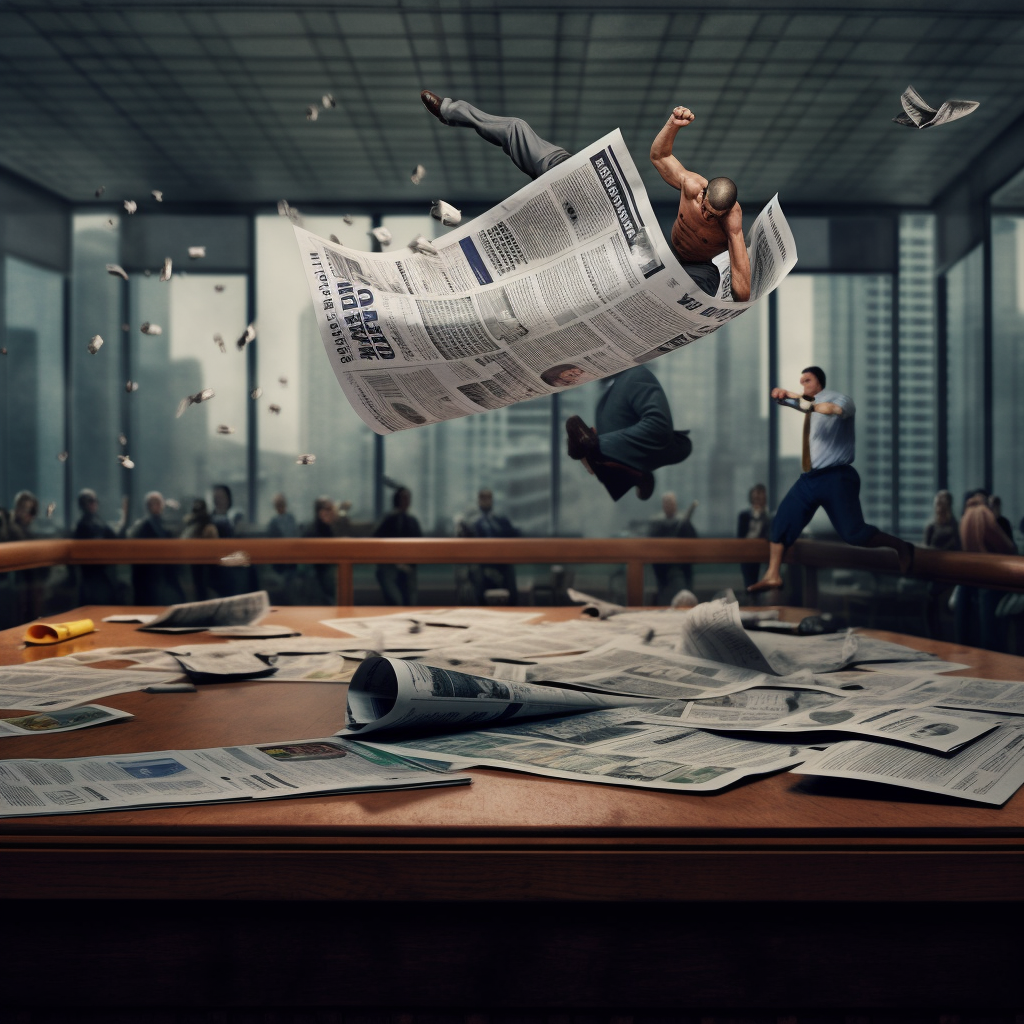August 18, 2023
Exploring the Copyright Tension Between The New York Times and OpenAI
Book a Demo
One recent incident that has captured the attention of many is the lawsuit between The New York Times and OpenAI. The dispute revolves around copyright tension and licensing negotiations, raising significant questions about the intersection of AI-generated content and traditional media.
At the heart of the dispute lies a fundamental question. Can AI-generated content infringe upon copyright? This case highlights the challenges of distinguishing between original human-created content and content produced by AI systems. While AI-generated text is based on patterns and data, it lacks the intrinsic creativity and intent associated with human authors. However, as AI systems become more sophisticated, the lines between human and machine-generated content are becoming increasingly blurred.
In addition to the copyright concerns, the lawsuit also sheds light on the complex world of licensing negotiations. Reports suggest that The New York Times and OpenAI were engaged in tense discussions regarding the terms of licensing AI-generated content for use in the newspaper’s digital platforms. The negotiations reportedly hit an impasse, leading to legal action. This scenario underscores the challenges of establishing fair compensation models for AI-generated content, especially when it competes with or mimics human-produced work.
The outcome of this lawsuit could have far-reaching implications for both journalism and the AI industry. For journalism, it raises questions about the role of AI in content creation, the protection of intellectual property, and the potential disruption to traditional media business models. On the AI front, it highlights the need for clearer guidelines on the use of AI-generated content and the importance of establishing ethical and legal boundaries.
As technology continues to advance, the relationship between copyright law and AI-generated content will remain a topic of ongoing discussion. Courts and legal experts will likely face more cases that challenge the traditional definitions of creativity and authorship. Establishing a legal framework that appropriately addresses the complexities of AI-generated content while protecting the rights of human creators will be a critical task.
The lawsuit between The New York Times and OpenAI shines a spotlight on the intricate web of copyright tension and licensing negotiations in the digital age. It underscores the need for a thoughtful and comprehensive approach to address the evolving landscape of AI-generated content. As the case unfolds, it will undoubtedly provide valuable insights into the future of copyright law, AI ethics, and the ever-changing dynamics between technology and traditional media.



